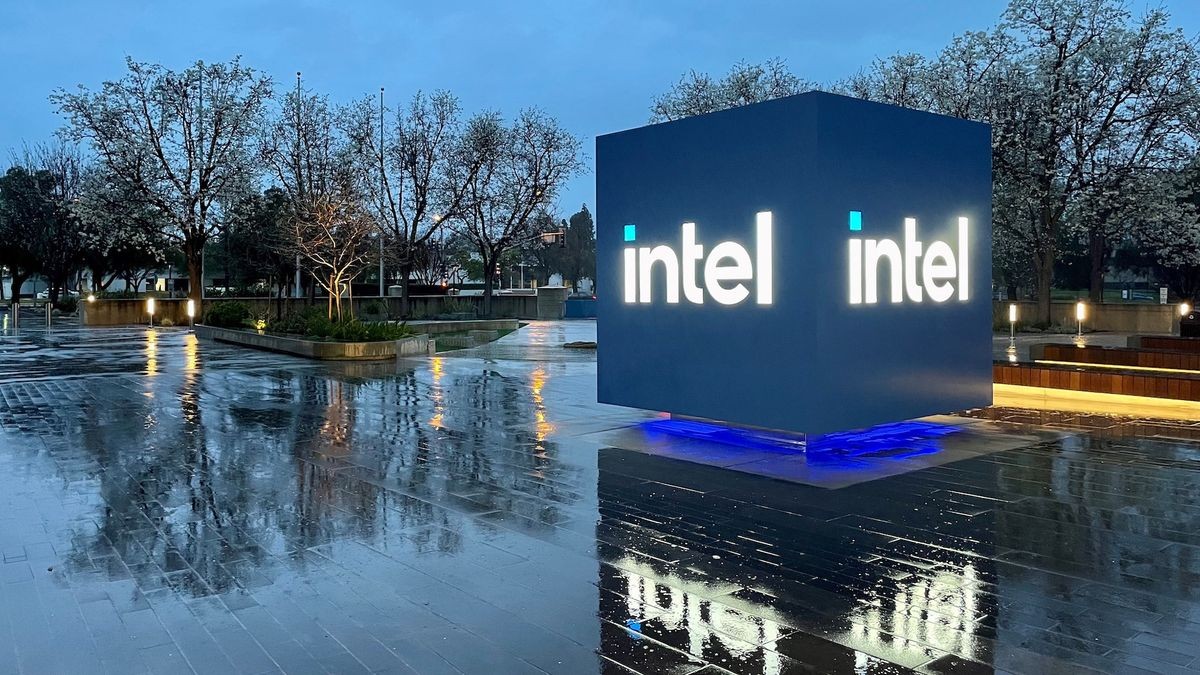
In a surprising turn of events, Washington policymakers are quietly discussing contingency plans should tech giant Intel face financial turmoil. This proactive approach underscores the chipmaker's critical importance to the United States' technological and economic landscape.
While Intel recently reported a strong outlook for its third quarter of 2024, the mere existence of these discussions highlights the company's strategic significance. As the only American firm that both designs and manufactures cutting-edge chips, Intel plays a pivotal role in the U.S.'s technological competition with China.
An Intel spokesperson emphasized this unique position, stating, "Intel is the only American company that designs and manufactures leading-edge chips and is playing a critical role in enabling a globally competitive semiconductor ecosystem in the U.S."
The potential failure of Intel would leave the U.S. heavily reliant on foreign manufacturers like TSMC and Samsung for advanced chip production. Although these companies have facilities in the U.S., their primary operations remain overseas, raising concerns about supply chain security and geopolitical risks.
Beyond its technological importance, Intel's economic impact is substantial. As one of America's top exporters, the company generated over $40 billion in export revenue in 2023. Additionally, despite recent layoffs, Intel still employs over 120,000 people, making it a major contributor to the U.S. job market.
The company's involvement in critical defense projects, such as the Pentagon's Secure Enclave program, further cements its importance to national security.
Rather than considering traditional bailout options, policymakers are exploring alternative solutions. One possibility being discussed is a government-encouraged private-sector merger, potentially with competitors like AMD or Marvell. However, experts caution against breaking up the company, arguing it could be counterproductive.
It's worth noting that these discussions are purely precautionary at this stage. Intel's upcoming 18A chip has shown promise, with major tech companies already committing to use the technology in their next-generation semiconductors.
As the situation unfolds, it's clear that Washington recognizes Intel's critical role in maintaining U.S. technological leadership. While the company's immediate future appears stable, the government's proactive approach demonstrates its commitment to preserving this key player in the global semiconductor industry.